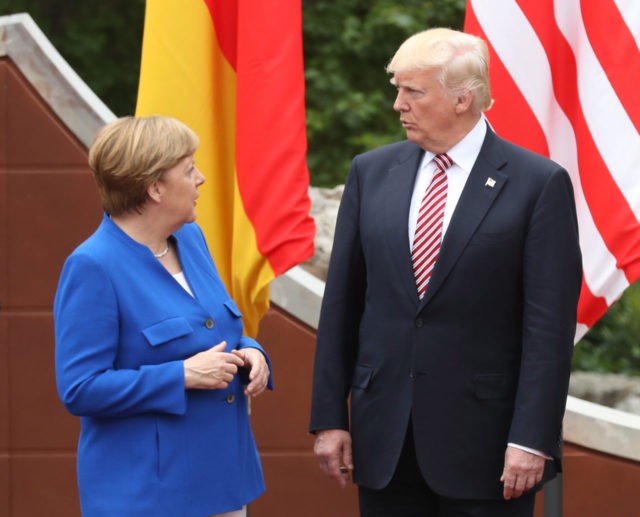The Transatlantic Trade and Investment Partnership (TTIP) agreement between the U.S. and the European Union appears to have been resurrected, following Germany’s insistence that bilateral deals between the U.S. and EU member states are not going to happen.
TTIP was presumed to have been killed off by Donald Trump’s ascension to the White House as the newly elected President’s administration made it clear he was opposed to entering into agreements with large trading blocs, preferring to strike bilateral deals.
But speaking to CNBC on Tuesday, Commerce Secretary Wilbur Ross indicated he is willing to re-open talks with the EU on a trade deal.
“The EU is one of our largest trading partners, and any negotiations legally must be conducted at the EU level and not with individual nations,” Ross said. “Thus, it makes sense to continue TTIP negotiations and to work towards a solution that increases overall trade while reducing our trade deficit.”
Referring to the U.S. withdrawal from the Trans-Pacific Partnership with Pacific Rim countries in January – one of the President’s first moves following his inauguration – Ross added: “It’s no mistake that, while we withdrew from TPP we did not withdraw from TTIP.”
The comments suggest there is some disagreement within the American administration over whether – and when – to move forward on the deal.
In March, President Trump is said to have repeatedly pushed for a bilateral trade deal with Germany when he met the German Chancellor Angela Merkel, only to be told that such a deal was impossible thanks to the single market.
We have a MASSIVE trade deficit with Germany, plus they pay FAR LESS than they should on NATO & military. Very bad for U.S. This will change
— Donald J. Trump (@realDonaldTrump) May 30, 2017
In April, House Speaker Paul Ryan told an audience in London: “The U.S. will continue to work closely with our EU friends and chart a path forward on TTIP negotiations.”
On Wednesday, a day after Ross’s interview took place, Jean-Claude Juncker accused the American administration of adopting a “cold shoulder” toward the European Commission, which negotiates trade deals on behalf of the EU as a whole.
“They say: ‘We do not want to negotiate with you as a European Union but with each member state separately’,” Juncker said, adding: “We cannot allow individual agreements between the Americans and individual European countries to take place.”
But Ross’s comments suggest the U.S. administration has now reconciled itself to resurrecting TTIP if it wants to strike a deal with the EU, perhaps seeing no other way forward, whilst still favouring bilateral deals if possible.
Speaking to Breitbart News Daily in April, Dr. Peter Navarro, assistant to U.S. President Donald J. Trump and director of the White House National Trade Council, seemed to hint at as much, when he said: “I don’t speak for Paul Ryan or Congress but what the President has said is this administration prefers bilateral deals.”

COMMENTS
Please let us know if you're having issues with commenting.